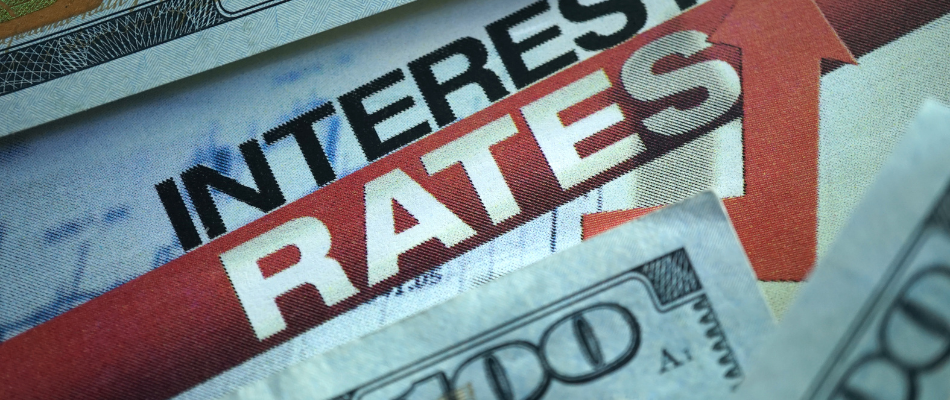Last week the Monetary Policy Committee (MPC) announced that the repo rate will increase by another 75 basis points (or 0.75%), bringing the annual repo rate to 5.5%. The repo rate is the rate at which the South African Reserve Bank (SARB) lends money to commercial banks.
Commercial banks then lend money to individuals and businesses at the prime interest rate which is usually set 3.5% above the repo rate. Interest rates have increased 2% since November 2021, and many are forecasting more rate hikes in the coming months.
This is putting pressure on already struggling households and businesses, with many asking – “why are they deliberately making life tough for us if we are already struggling?”
Interest rates are one of the few “levers” central banks have available to try and manage inflation and the overall wellbeing of the economy. High inflation has been a global trend due to government stimulus and low interest rates as a response to Covid in 2020.
This increase in money supply was governments’ way to try and aid the devastating economic consequences of the lockdowns, but many economists warned then already that it will lead to high inflation. This is because when consumers and businesses have more access to money, they will spend more money and as a result demand increases, causing prices to also increase leading to inflation. Supply chain shortages and the war in Ukraine, which are leading to food and oil supply shortages, are also driving up prices across the globe.
Therefore, all central banks are increasing their interest rates as a result of inflation numbers reaching their highest levels in decades. Increasing interest rates is a way to discourage people to spend money which will in turn slowdown the trend of businesses increasing prices.
The problem is that most South Africans are already struggling to keep up with increasing prices and having to pay a higher portion towards interest repayments every month is just increasing the pressure, making many doubt whether the SARB is really acting in their best interest. The simple answer is luckily that yes, they are acting in your best interest and here is why.
As mentioned earlier interest rates across the word are being increased and this is not a South Africa specific problem. If South Africa were not to increase rates while the rest of the world are doing so, investors would simply not want to invest their money in the country. This will cause them to withdraw their investments and sell their rands for other foreign currency which will cause the rand to lose value. A weakened rand, especially against the US Dollar, means that we import goods at higher prices which will lead to prices and inflation increasing even more.
The rand has already lost value against the dollar this year due in part to investors fearing a global recession due to interest rate hikes and high inflation. South Africa, being a developing country, is considered by global investors as a higher risk country to invest in. Global investors are usually comfortable to invest in higher risk countries when they feel the return on the investment justifies the risk taken. When global risk increases, as is currently the case, they usually sell these riskier investments and invest in developed countries. This move from developing to developed countries is a global theme, but will then cause the rand to weaken which is exactly what we are seeing.
The extreme load shedding over the last couple of months has also contributed to investors believing the risk taken in the country does not justify the return, which made many more sell their South African investments, causing the rand to weaken further.
As a result of the two factors explained above, the rand has briefly traded above the R17 level against the dollar, which is very high and adding to our high inflation and investors’ concerns. If the SARB had left interest rates unchanged, they would have encouraged more investors to sell their rands to receive higher returns elsewhere where interest rates had been increased and we would have seen the rand weaken to unprecedented levels. We just need to look at our neighbouring country, Zimbabwe as an example of the extreme consequences of a local currency that does not have any value.
It is also important to consider that since interest rates were lowered drastically during Covid and has remained very low ever since, it has become an unnatural environment where people are encouraged to take on debt rather than to save money. It was inevitable for rates to normalise sooner or later to more natural levels.
The SARB is mandated not only to keep inflation within a band of three and six percent, but they are also mandated to protect the value of the rand. If their decision is measured based on these metrics it is clear that they are acting in our best interest, even if it may not feel so in the short term.








